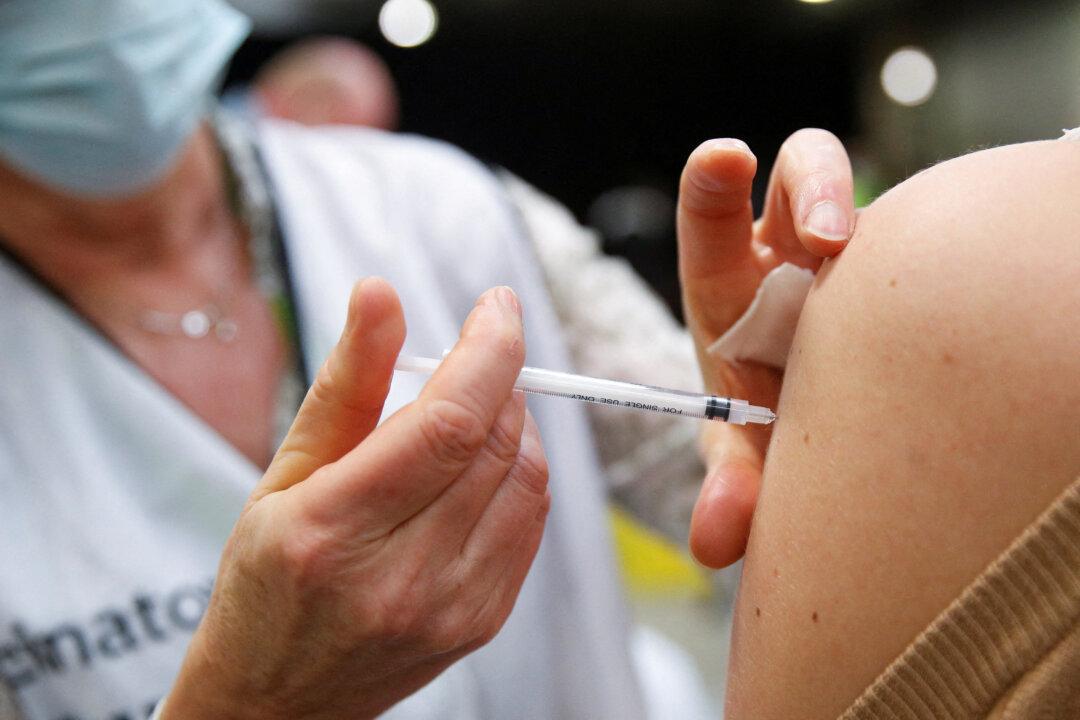Australia will offer new COVID-19 vaccines targeting the XBB.1.5 variant of Omicron, otherwise known as the Kraken, according to an announcement from federal Health Minister Mark Butler.
The government approved the monovalent vaccines from Pfizer and Moderna on Nov. 20 based on advice from the Australian Technical Advisory Group on Immunisation (ATAGI).





